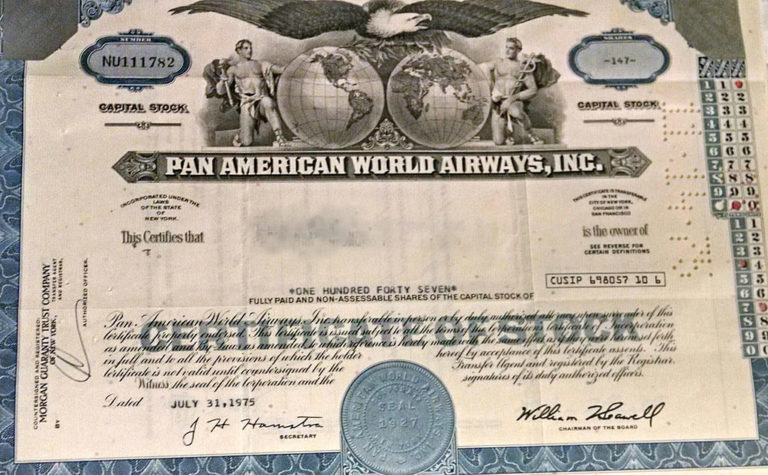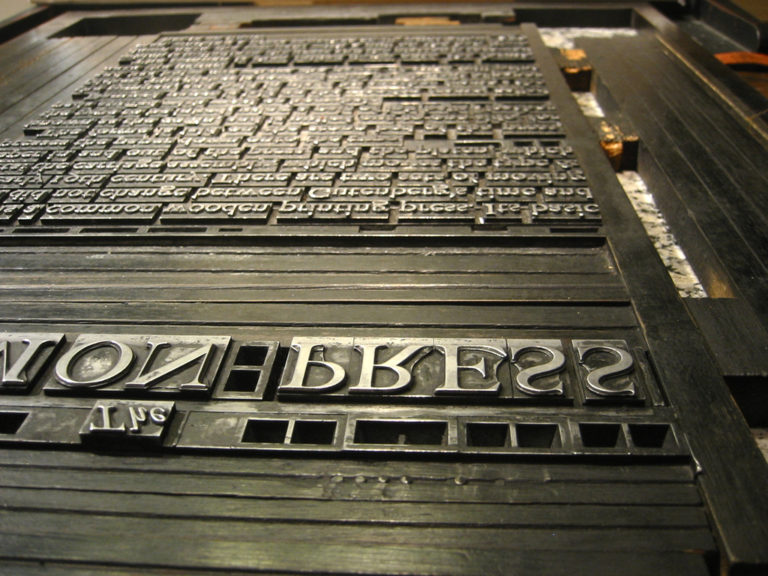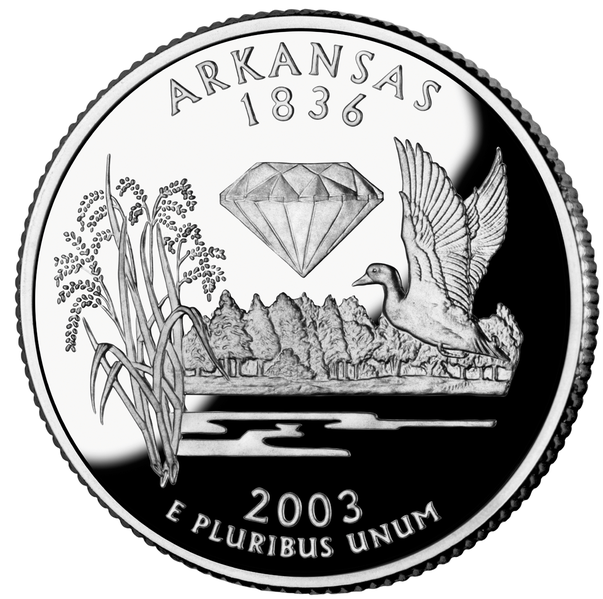Gordon v. Verizon Communications, Inc., et al.
As in the overwhelming majority of strike suits, the settlement in Gordon v. Verizon did not provide any monetary relief to shareholders. Instead, it provided immaterial supplemental disclosures and corporate governance change. Due to CCAF's objection, the court awarded a reduced amount of $1.5 million in fees and expenses.








